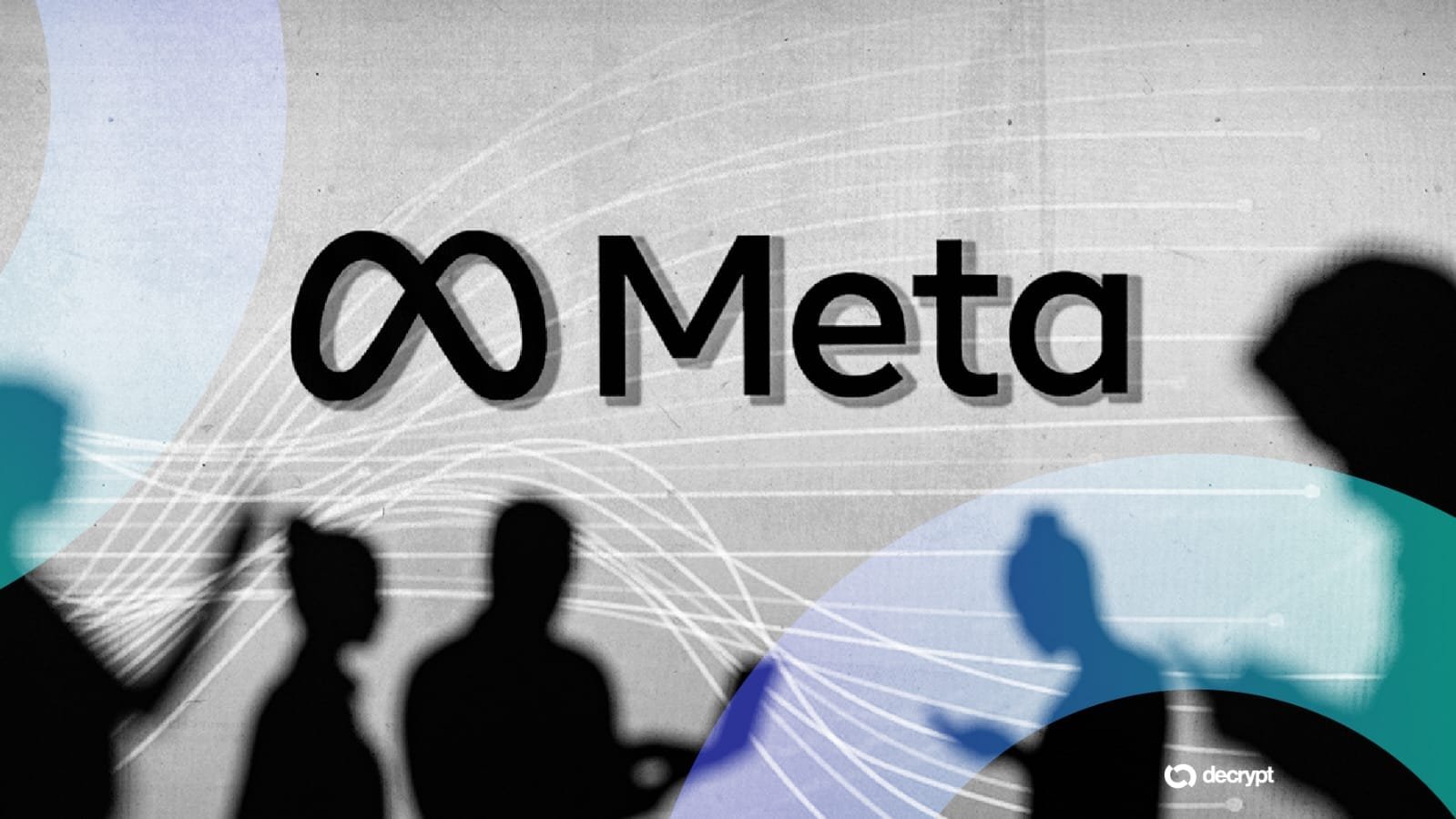
Meta invests $14.3 billion in Scale AI to form a Superintelligence team led by Alexander Wang.
Recently, Meta Scale AI investment has made a huge investment of $14.3 billion (about Rs 1,230 billion) in artificial intelligence firm Scale AI. The purpose of this investment is to rapidly advance Meta’s ambitions in the AI field. With this important move, Meta has also included Scale AI CEO Alexander Wang in its new Superintelligence team. This move shows that Meta is taking a strategic and aggressive approach to the development of AI so that it does not lag behind in the AI competition.
What is Scale AI?
Scale AI is an artificial intelligence company based in San Francisco California. It mainly provides data labeling and model evaluation services for artificial intelligence. And in simple words, AI models require large amounts of high-quality data to train. People often use raw data and label it to make it understandable by AI. For example, to teach a self-driving car what each object on the road is (like pedestrians, other vehicles, and trees), we must accurately label these objects in the images. Scale AI specializes in this work. They have established themselves as a leading company in the field of data labeling. And which helps various companies to train their AI systems effectively. And Alexander Wang founded Scale AI in 2016 along with his Quora colleague Lucy Guo.
Meta’s Superintelligence Mark Zuckerberg’s Vision
Meta CEO Mark Zuckerberg is very serious about AI. He has formed a new Superintelligence team in his company which consists of about 50 AI experts. And the main objective of this team is to develop Artificial General Intelligence (AGI) and even beyond Superintelligence.
Super intelligence Meta Scale AI investment
Superintelligence is also a step ahead of AGI. It is a machine that is many times more intelligent than the capabilities of a human. This means that it can solve problems that the human mind cannot understand or solve at present. Zuckerberg believes that AI can be one of the biggest innovations in history and this year will decide the direction of the future. His goal is to create an AI platform online that can become the world’s most advanced AI platform. And his vision reflects the race to get ahead of companies like OpenAI and Google who are already working on the development of AGI. Meta plans to keep its AI model Llama open-source so that developers around the world can use it to create their own AI tools. This strategy is similar to Android which revolutionized the mobile world on the strength of open-source.
Impact of AI on the human mind
Benefits and challenges, The development of AI will have a profound impact on the human mind and society. This impact will be multi-dimensional which includes many benefits and challenges.
Potential benefits Meta Scale AI investment
Access to knowledge and information AI can increase our access to knowledge and help us understand complex information better. For example, AI-based search engines and assistants can provide more accurate and relevant information. Problem-solving and innovation Superintelligence can help solve the most complex problems facing humanity, such as climate change, cures for diseases and the energy crisis. It can also trigger new scientific discoveries and technological innovations. Enhancing human potential AI tools can enhance our cognitive abilities. For example, it can help us process more information, make better decisions and enhance creativity. AI-powered assistants can help us with daily tasks, giving us time to focus on more important tasks.
Cognitive laziness
If we become too reliant on AI, our ability to think, problem-solve and perform critical analysis can be weakened. Our brain can lose skills it does not use regularly. and Information overload The sheer volume of information generated by AI can be difficult to process leading to cognitive overload and stress. and Impact of social media on mental health AI developed by companies like Meta is already being used to increase user engagement on social media platforms. Excessive engagement can increase mental health problems such as anxiety depression and social isolation.
Effects on employment
Job displacement AI and automation can lead to job displacement across many industries, especially in jobs that involve repetitive or predictable tasks. Skills gap People will need to learn new skills to survive in the new AI-based economy, which can lead to a huge skills gap.
Ethical and security concerns Meta Scale AI investment
Bias AI systems can inherit biases from training data which can lead to discriminatory decisions. If AI is used in sensitive areas such as recruitment loan approval or criminal justice it can create serious social inequalities. Privacy and data security AI relies on large datasets which can lead to the collection of personal information.




1 thought on “Meta Scale AI investment: A New Era of Super intelligence”